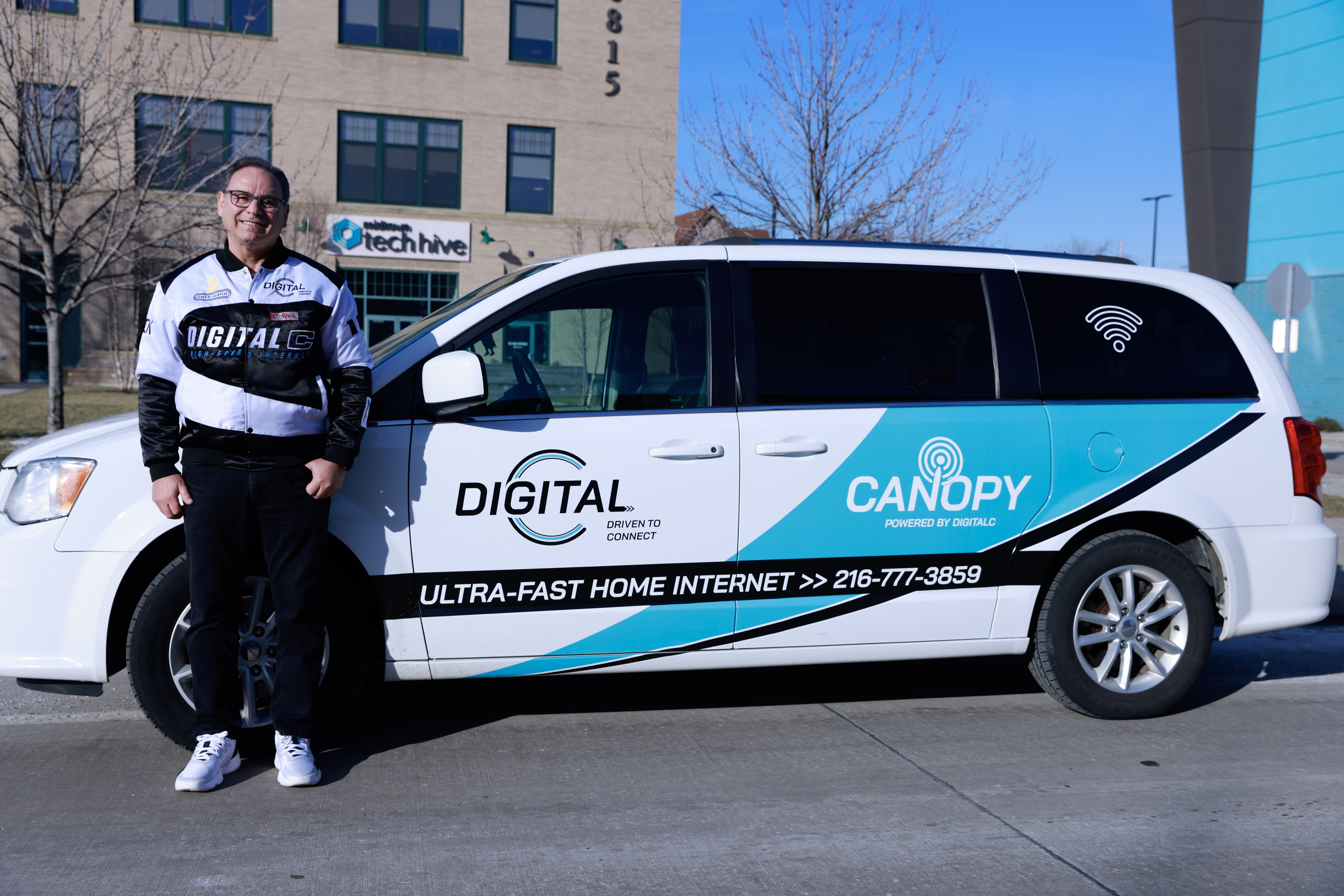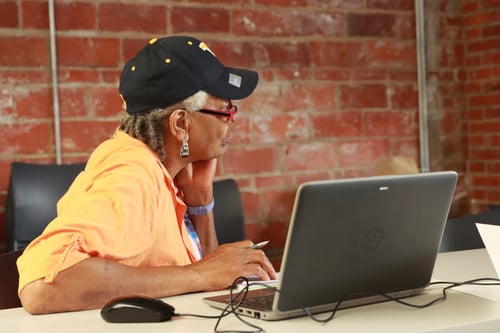The Adverse Effects of Digital Redlining on Gig Workers in the Urban Core
In the modern gig economy, digital platforms have become a crucial avenue for gig workers to connect with job opportunities, earn income, and achieve financial stability. However, the practice of digital redlining, which entails discriminatory practices in the allocation of digital resources, has detrimental effects on gig workers in the urban core. In this blog, we will explore the adverse repercussions of digital redlining on gig workers and shed light on the urgent need to bridge the digital divide to promote inclusivity and economic empowerment.
-
Limited Access to Gig Platforms: Digital redlining exacerbates inequalities in the gig economy by restricting access to digital platforms that connect gig workers with potential clients or customers. Many gig platforms operate exclusively online, making it challenging for individuals without reliable internet access or digital devices to participate. This limited access creates a barrier for gig workers in the urban core, limiting their ability to secure gigs and earn a living.`
-
Reduced Visibility and Job Opportunities: Digital redlining hampers the visibility of gig workers in the urban core, limiting their exposure to potential job opportunities. Many gig platforms rely on algorithms and user ratings to match workers with clients. However, without equal access to these platforms, gig workers in marginalized areas struggle to gain visibility, making it difficult to secure gigs and build a customer base. This disparity further perpetuates economic inequalities in the urban core.
-
Limited Access to Gig Worker Support and Resources: Digital platforms often provide gig workers with essential resources, such as training materials, customer support, and financial tools. However, digital redlining prevents gig workers in the urban core from accessing these crucial support systems. Limited access to training materials and customer support hinders their ability to improve their skills, address concerns, and navigate the challenges of gig work effectively.
-
Payment Inequities and Financial Disadvantages: Digital redlining can also result in payment inequities and financial disadvantages for gig workers in the urban core. Some gig platforms use digital payment systems that require access to bank accounts or digital wallets. However, individuals without access to banking services or reliable internet connections face difficulties in receiving timely payments. This financial instability affects gig workers' ability to cover expenses, save for emergencies, or invest in their professional growth.
-
Impact on Worker Benefits and Protections: Digital redlining contributes to the exclusion of gig workers in the urban core from vital worker benefits and protections. Many gig workers lack access to healthcare benefits, retirement plans, and legal protections that traditional employees enjoy. The lack of digital access prevents gig workers from accessing information about their rights, advocating for fair treatment, and accessing resources to improve their working conditions.
Digital redlining significantly hampers gig workers in the urban core, impeding their access to job opportunities, support systems, fair payment practices, and worker benefits. Bridging the digital divide is essential to promote inclusivity, economic empowerment, and improved working conditions for gig workers.
Collaborative efforts from policymakers, platform providers, and community organizations are crucial in addressing digital redlining and ensuring equal access to digital platforms, training resources, support systems, and fair payment practices. Initiatives like DigitalC's commitment to bridging the digital divide can play a pivotal role in empowering gig workers in the urban core and fostering a more equitable gig economy.
By dismantling barriers, expanding digital infrastructure, advocating for fair labor practices, and investing in digital literacy programs, we can empower gig workers in the urban core to thrive in the digital age and access the economic opportunities available through gig work.
Related Articles
In today's digital age, access to the internet has become vital for various aspects of life, including education, healthcare, communication,...
In the ever-evolving landscape of education, technology has emerged as a powerful tool for learning and growth. However, the uneven distribu...
In today's digital age, access to the internet has become an essential part of daily life. However, a deep-rooted problem known as digital r...










